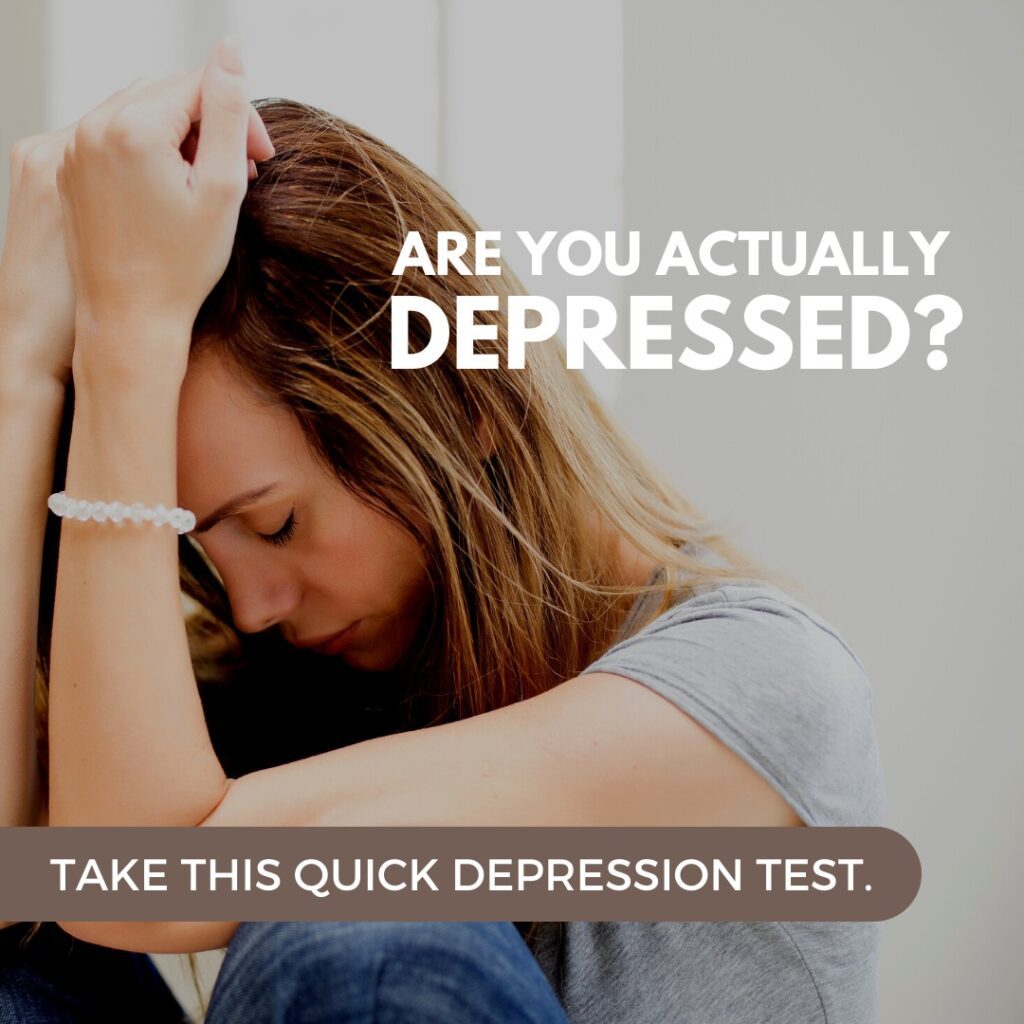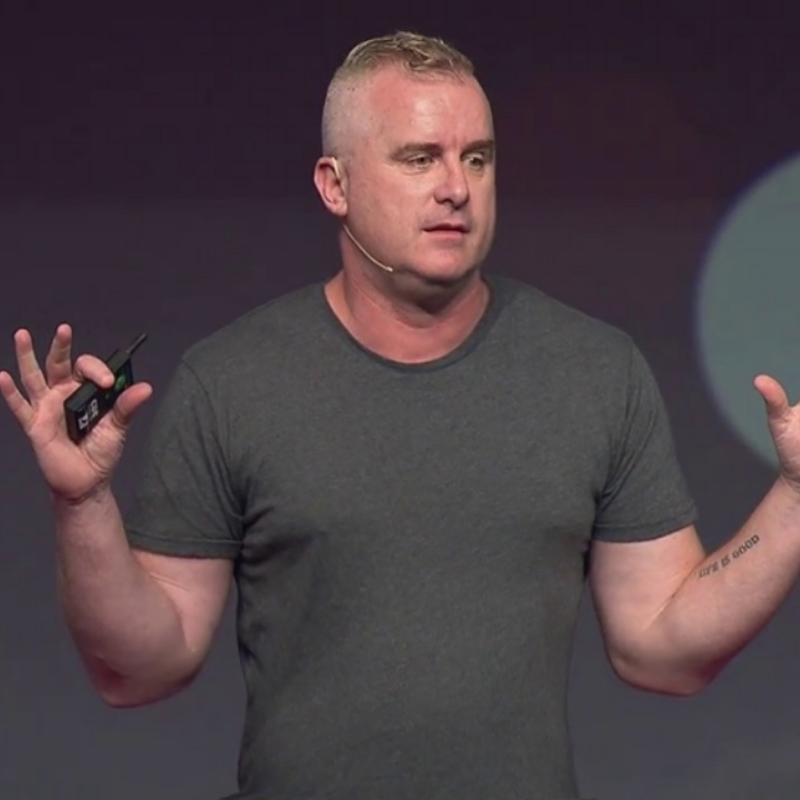This article dives deep into common mental health misconceptions, debunking myths and highlighting the realities of mental health.
Introduction
Welcome to our journey through the intricate labyrinth of mental health. It’s a path often fraught with misconceptions and myths, so we’re here to set the record straight.
Unraveling the Common Misconceptions
Misconception 1: Mental Health Problems Aren’t Real
Ah, the classic “it’s all in your head” sentiment.
But hey, guess what? It IS in your head, but that doesn’t make it any less real.
Mental health conditions, just like physical ones, have a biological basis.
They’re associated with changes in brain chemistry, genetic predispositions, and environmental factors.
So yes, they’re as real as a broken bone – you just can’t see them on an X-ray!
Misconception 2: People with Mental Health Problems are Dangerous
Hold on a second, let’s put the brakes on this stereotype.
The vast majority of individuals with mental health conditions are no more likely to be violent than anyone else.
This misconception has been fuelled by media portrayal, but it’s high time we put this idea in the bin.
Misconception 3: Mental Health Problems are a Sign of Weakness
Mental health problems have nothing to do with being weak or lacking willpower.
They’re not something that people can just “snap out of.”
They require understanding, treatment, and support.
Remember, it takes incredible strength to face these challenges every day.
The Realities Behind the Misconceptions
Reality 1: Mental Health is a Spectrum
Think of mental health on a spectrum.
On one end, you have optimal mental well-being. On the other, severe mental health disorders.
Everyone moves along this spectrum in their lives.
The key is to recognise that mental health isn’t binary – you’re not either “mentally healthy” or “mentally ill.”
There’s a whole lot of grey in between.
Reality 2: Mental Health Conditions are Treatable
Here’s some good news – mental health conditions are treatable!
A variety of methods, from psychotherapy and medication to self-care practices and support groups, can help manage symptoms and improve quality of life.
Reality 3: Stigma is a Major Barrier
And now for the not-so-good news.
Stigma remains a significant barrier to mental health care.
It leads to discrimination, prevents people from seeking help, and can even exacerbate symptoms.
Breaking down this stigma is crucial in promoting mental health awareness and care.
Your Role in Breaking Down Misconceptions
Step 1: Educate Yourself
Knowledge is power.
Educate yourself about mental health.
Understand the realities, dispel the myths, and share what you’ve learned with others.
Step 2: Show Empathy
Empathy goes a long way in breaking down barriers.
If someone opens up to you about their mental health struggles, listen.
Offer support and understanding, not judgment.
Step 3: Advocate
Speak up against stigma.
Advocate for mental health in your community.
Remember, change starts with you.
FAQs
Are mental health problems common?
Yes, mental health problems are very common. In fact, approximately 1 in 5 adults experience mental illness in a given year.
This prevalence underscores the importance of addressing mental health misconceptions, as they can contribute to stigma and prevent individuals from seeking the help they need1.
Do people with mental health problems recover?
Yes, many people with mental health problems recover completely, and many others manage their symptoms with the right treatment and support.
Are mental health problems a result of personal failure?
Absolutely not!
Mental health problems are not a result of personal weakness, laziness, or a character defect.
They are complex conditions that arise from a combination of genetic, biological, environmental, and psychological factors.
Can young people experience mental health problems?
Yes, young people can and do experience mental health problems.
In fact, many mental health problems first appear in adolescence or early adulthood.
In closing, remember that mental health is just as important as physical health, and misconceptions only serve to stigmatise and isolate those struggling.
The more we learn and understand about mental health, the better equipped we’ll be to dispel these myths and support those who are dealing with these issues.
Knowledge and empathy are crucial tools in this endeavour.







